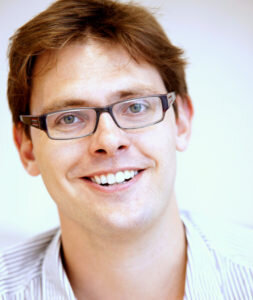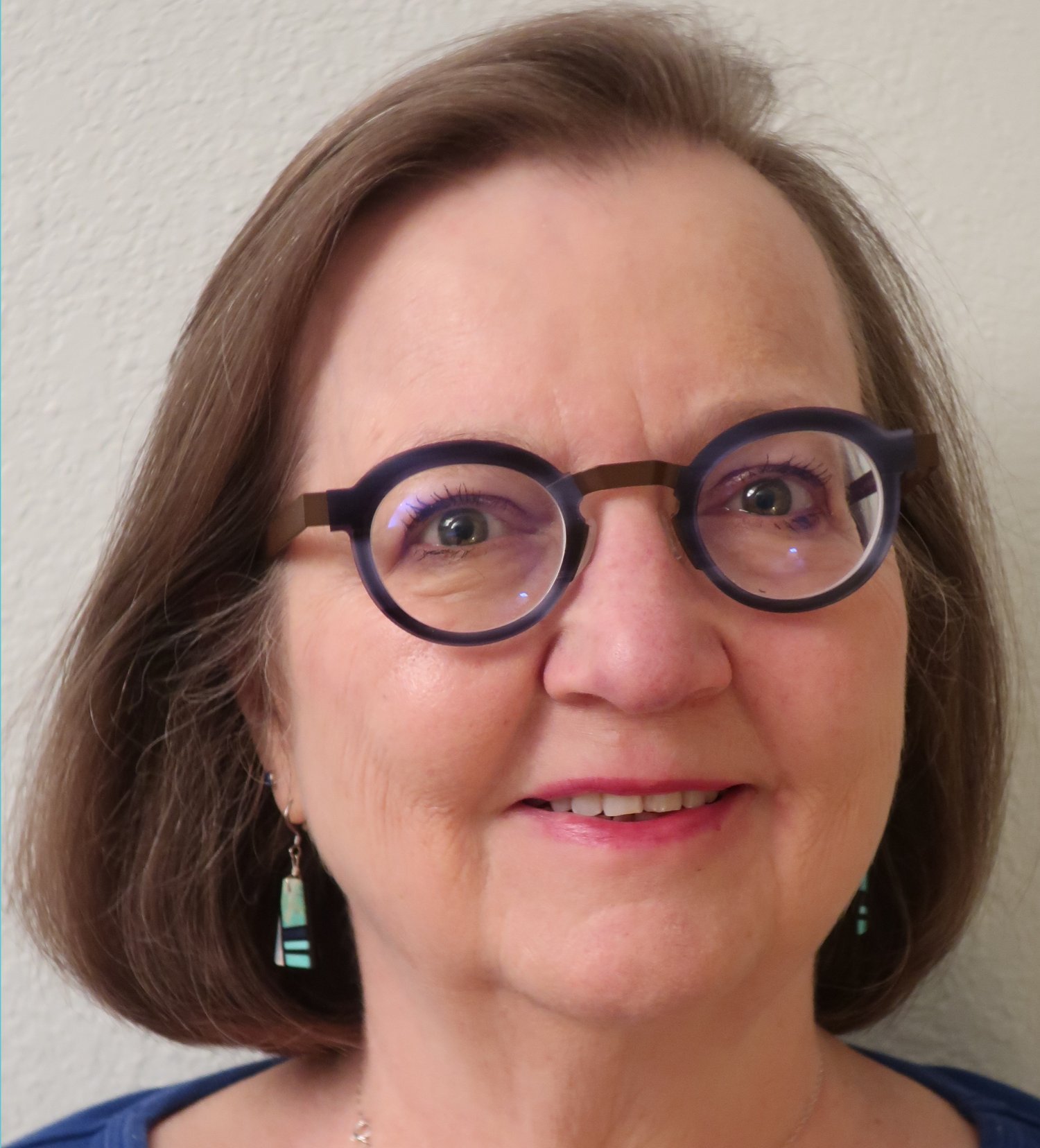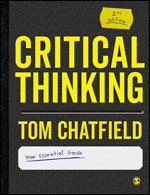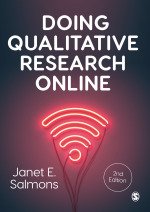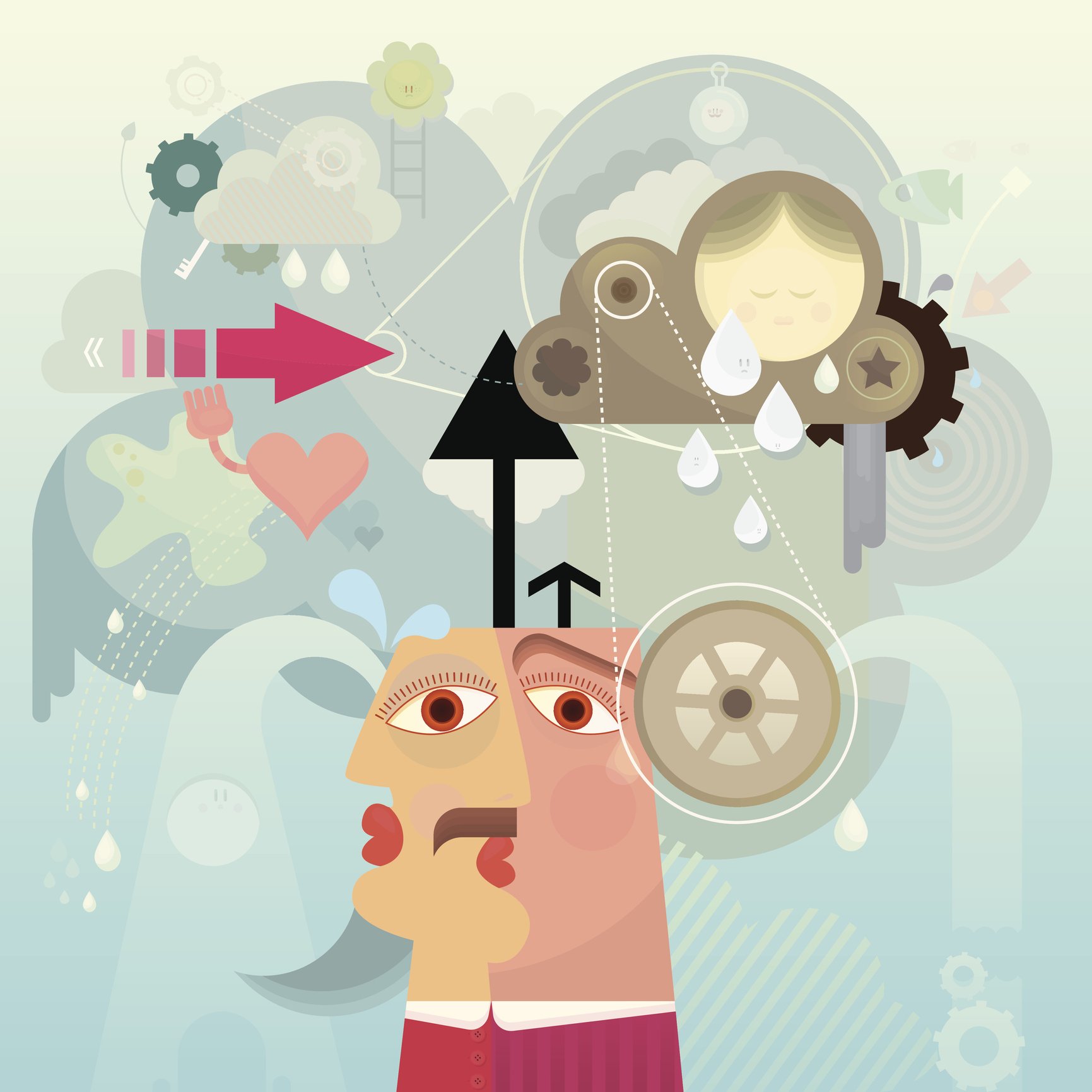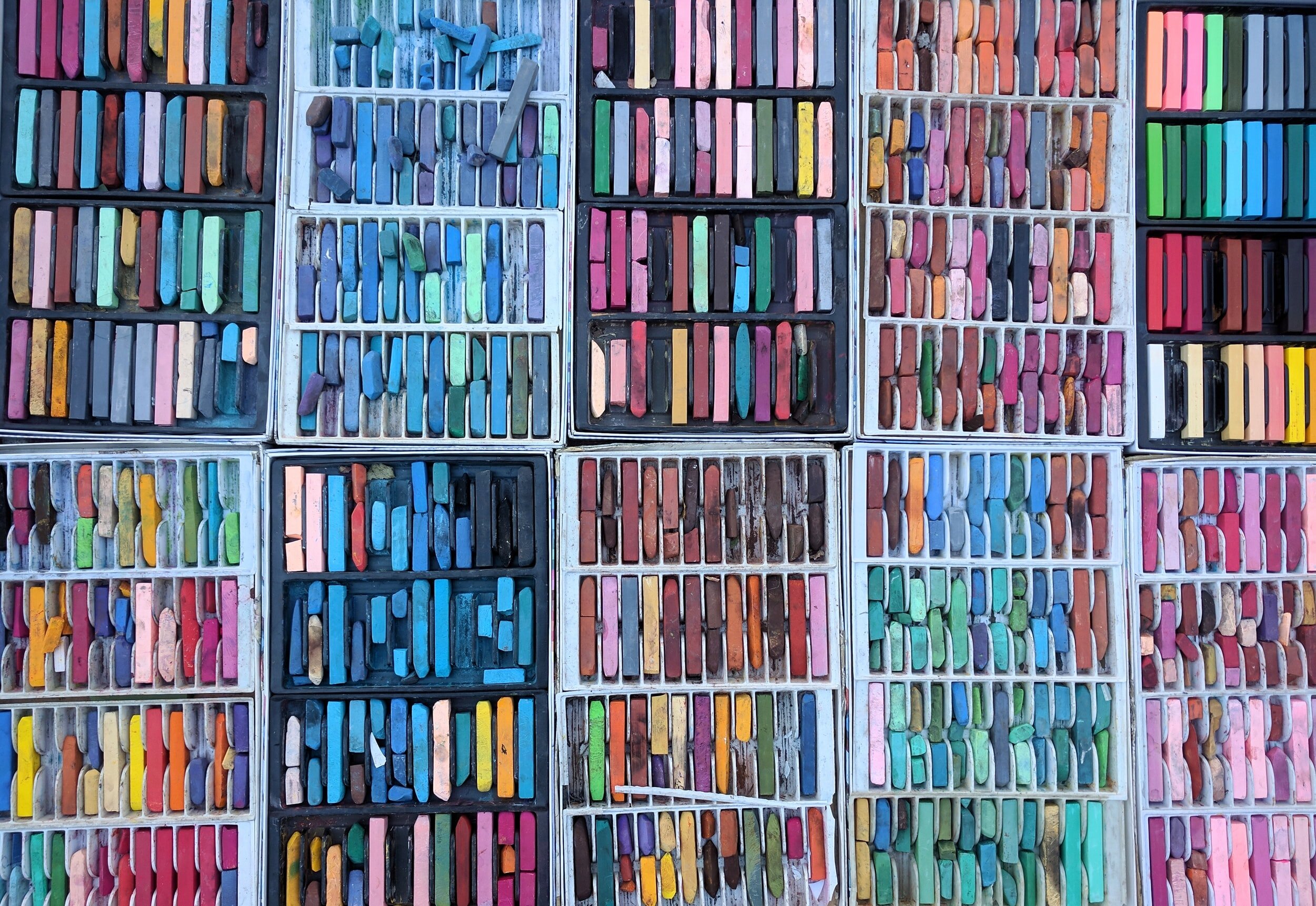Two Perspectives on Critical Thinking and Research
by Janet Salmons, Research Community Manager for Sage Research Methods Community
Tom Chatfield and I participated in a dialogue about critical and creative thinking at the 2018 Academy of Management conference. I asked him to continue the conversation in writing, with a focus on critical thinking and research. Now, new editions are available for both of our books! See: Critical Thinking: Your Guide to Effective Argument, Successful Analysis and Independent Study and Doing Qualitative Research Online. Use the code MSPACEQ323 for a 20% discount, valid until September 30, 2023.
Tom Chatfield
How would you define critical thinking in the context of research?
TC. In a sense, thinking critically is one of the foundations of research, as it entails making good arguments and seeking good explanations: asking what follows from those things we know, and how things came to be a certain way in the first place. Equally importantly, critical thinking is concerned with clarifying the limits of our knowledge - and with recognising the limitations built into our cognition and assumptions. This focus on getting to know our limitations, and looking to the limitations of current knowledge, is where I think an explicit focus on critical thinking is most exciting in the context of research - because it helps us to rigorously interrogate assumptions that others may not have thought to identify or dismantle - and to open up new possibilities for others to build upon.
JS. I define critical thinking as in terms of cognitive and affective processes that juxtapose analytic and creative dimensions. I agree with Tom’s point about knowing our own limitations, as well as limitations of the existing scholarship. New questions emerge from of our understanding of limitations, sparking curiosity and driving new inquiries.
From your perch, what is the state (or perhaps the absence) of critical thinking in academe?
TC. A fundamental point, for me, is that thinking critically demands not only expertise, but also a degree of time and freedom. The discipline of critical reflection requires a practitioner to step back, pause, and think twice (or more) about their field and its assumptions. This kind of pausing and reframing can be as much a creative act as a scientific one, and it is likely to entail a degree of serendipity - a cognitive leap or connection that offers a fresh way of thinking about established ideas. For a lot of academics, I feel that this kind of time and space is becoming rarer. We worry, rightly, about the effect upon students of pressures such as information overload, high expectations and economic insecurity. But the same is true of many academics, too. There's a pressing obligation to research, publish, teach, and stay on top of the extensive informational and administrative burdens all these bring - and some of the conversations I've had suggest that this crowds out deeper and more open kinds of investigation.
JS. Tom hit an important point about the need for reflective time, and the freedom to dig deeply. His points hit home for faculty members as well as for students. Certainly, some faculty are still in the kinds of academic positions that permit sabbaticals and summer breaks, but the majority are not. The daily grind of making a living as an academic can take a toll, so time and intellectual freedom are luxuries many cannot afford. Academic structures can constrain our time and limit flexibility, but we can’t entirely blame the problem on academia. We live in an era filled with noise and stimulation, and content with information overload and distractions. It takes a conscious effort to step away, to be alone with our thoughts. (See the Sage Research Methods Community post on the Muse and the Mundane.) Needless to say, if we don’t make critical thinking a priority in our own lives, we can’t model exemplary skills or adequately support our students in their own explorations.
Why and how are critical and creative thinking important for research (and for researchers)?
TC. Perhaps my previous answer is rather too gloomy, because I also feel that the opportunities for interdisciplinary collaborations have never been richer - and, to me, critical thinking encompasses many of the skills required to make this happen as successfully as possible. Bringing multiple perspectives to bear upon a question is a prerequisite for seeing the potential limitations of any particular perspective. The better we are at explaining ourselves to others, and at trying to focus on the fundamentals of arguments and evidence, the more likely we are to forge new knowledge through finding connections - or to update old understandings in the light of new things we cannot explain. What's required is an appetite for challenges and encounters beyond a narrow field of expertise, alongside a desire to dismantle both your own and others' work and ask what ideas, assumptions and limitations lie beneath. Research in any field is fundamentally collaborative, and it's perhaps presumptuous to label what any healthy community of academic interest does as "critical thinking" rather than just the principled application of scientific methods. But I do think that, if you wish to be as creative a thinker as possible, it's important to carve out the kind of spaces and practices that allow for critical reflections and relationships amongst a genuinely diverse range of other practitioners - and to be mindful of the serendipities, pauses and second thoughts that engender so many important insights.
JS. Critical thinking is inherent to the research process. Critical thinking starts with a curious and open mind, and a willingness to look deeper and wider than those who explored this topic before. We look deeply at sources, and the questions at the heart of those sources. We look widely to cross established boundaries of field, discipline, and culture. As researchers we need to balance breadth and depth, and find connections between what is known or missing in our areas of interest. We analyze problems, evaluate evidence, and generate answers, solutions, or new understandings. If we take the critical side, that is, the analysis and evaluation, without the creative side, we haven’t accomplished anything significant by conducting the research. When we include the creative side, that is, the ability to synthesize and innovate, the research can make a worthwhile contribution. If not, we have simply completed an exercise.
Are there stages of the research process where critical thinking is particularly important?
TC. At the beginning and end! By which I mean, it can be easy to narrow things down too soon, without really knowing what's out there - not only in your own field, but across other disciplines that might potentially enrich your research. And it can also be easy to reflect too narrowly upon what you have found, and conflate the rigorous reporting of research with a lack of interest in both its potential implications, and the limitations of the paradigm you've been working within. As a reflective researcher, you may be uniquely well-placed to articulate not only your findings, but also the nature of the assumptions and restrictions attending them - together with the ways others might seek to go further, test your discoveries, or approach similar questions from a different perspective altogether. This stuff doesn't always get covered in formal research, for understandable reasons; nobody want to look as though they are engaging in idle speculation or self-aggrandizement. Yet finding a way to explore these contextual ideas rigorously seems to me to be a crucial element in enabling both your own and others' critical engagement, especially given the sheer volume and complexity of research in the world today.
JS. I agree with Tom—we need to think critically at the beginning and the end of the research process. But I think we need critical and creative thinking in the middle, too. As a qualitative methodologist, I am most interested in research that involves engaging directly with human participants. To collect data from or with participants means we need higher-order thinking skills as well as “people skills.” The more sensitive the topic, the more skills we need. On-the-spot analysis and decision-making are essential for researchers who collect data through interviews, focus groups, participant observations, or other creative and interactive approaches. While we prepare questions or prompts in advance, when we are present with another human being (live or online) there are unpredictable factors. The participant might respond in ways we did not expect. Researchers need to quickly assess what is happening. They need awareness of nonverbal as well as verbal cues. They need to evaluate options and choose the best way to follow-up or redirect the questioning. As well, they must be prepared to pause an interview to allow the participant time to reflect on past events, search memories for details, or to deal with their emotions about sensitive matters. Qualitative researchers need to turn a critical-thinking gaze on ourselves, and be self-aware and mindful about our roles with participants and other research stakeholders.
How should we prepare future researchers to think more critically and approach the research process more creatively?
TC. A lot has been written about the limitations of traditional journals and publishing; and a lot is, indeed, being done around this right now, with exciting results. I think we need to prepare people more than ever to explain themselves outside of their own fields; to capture in their published work more of the creative, critical discourse that still tends largely to occur informally, either at events or in online discussions; and I think there remain real problems around the incentives in much research and publishing, which often focus on quite narrow definitions of prestige, authority, legitimacy and reputation management. It often isn't easy to express open, honest doubts about your own field, or to invite collaborations around complex real-world problems rather than narrowly defined academic topics. I also think that a lot can be done to encourage academic writing of all types to be more accessible, pithy and rigorously explicit in its arguments. It's astonishing how needlessly opaque the grammar and syntax of much research remains, leaving aside the need for technical vocabulary; and how many unchallenged assumptions can be encoded in the use of particular models, frames of reference and species of jargon. Articulating the fundamental concepts and findings of your research in clear, careful language shouldn't be a kind of bonus, occasionally adopted for certain audiences and outlets - it's one of the most basic building blocks of intellectual collaboration, dispute and debate. I've spent more time than I would like to admit sitting in rooms full of very smart people talking past each other. We need researchers who can both speak to each clearly and listen attentively. Clearer writing, clearer thinking, more rigorous and searching self-examination: we could do a lot worse than investing in this, not least because these are the kind of skills machines won't usurp any time soon.
JS. I couldn't agree more with the importance of clear, jargon-free academic writing! As a coach and former professor, I approach this question from an instructional perspective: how do we teach and learn critical thinking? Clearly, more is needed than lectures and formulaic assignments! (Quick tip: if you can download a paper from the Internet that fulfills the assignment, you need to rewrite the assignment.) Students can’t be passive receptacles because it isn’t possible to just tell someone to think critically. Experiential, problem-based, inquiry models, and/or collaborative types of active learning pedagogies encourage students to try out different ways of tackling problems. By encouraging students to explore multidisciplinary and multicultural resources, we convey the message that questions can be approached in different ways when you draw on a variety of perspectives. These engaging ways of learning are well-suited to the development of the knowledge and skills, curiosity and confidence, needed to think critically and then imagine and create new insights.

